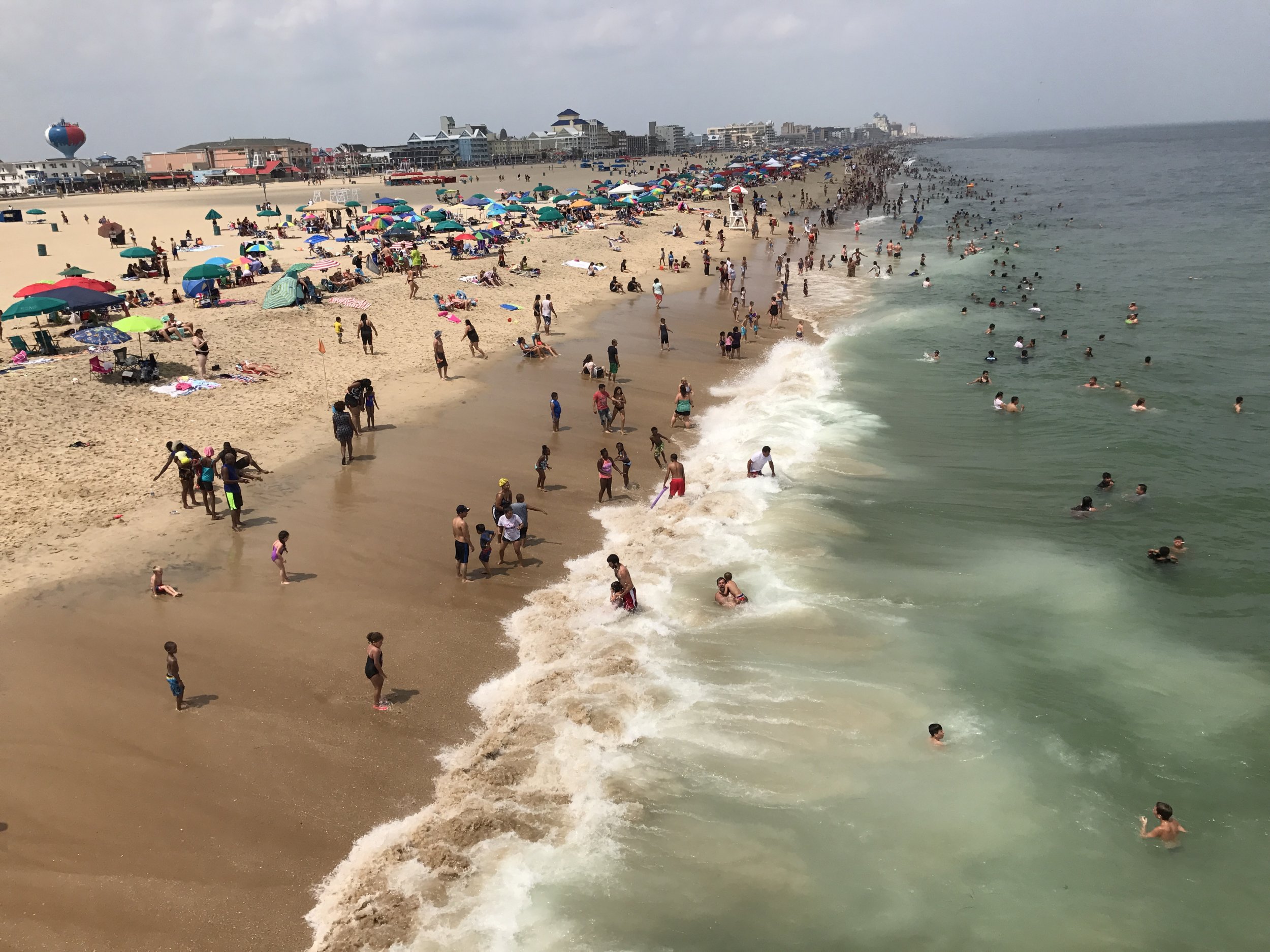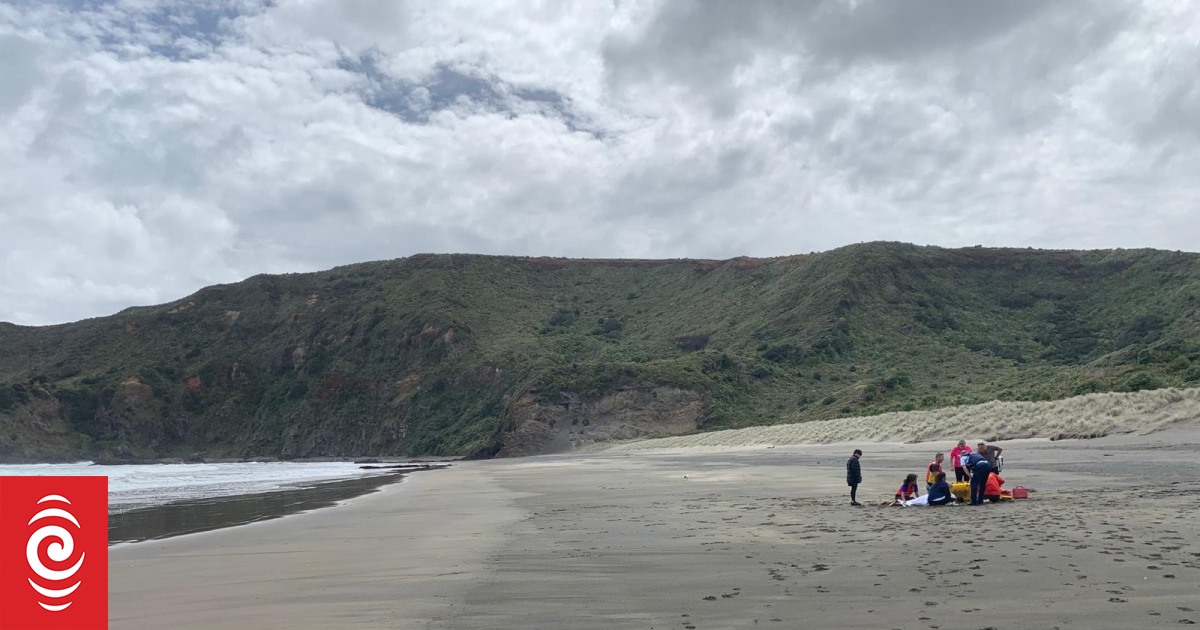
Auckland's pristine beaches have become a source of concern as beachgoers report an increasing number of uncommon sea lice attacks. These tiny parasites have left swimmers and surfers with painful rashes and intense itching, raising questions about the safety and health implications of these encounters.
Sea lice, also known as parasitic copepods, are small crustaceans that latch onto the skin of fish and humans. They use their sharp mouthparts to pierce the skin, feeding on blood and tissue. While common in some parts of the world, they have historically been rare in Auckland waters.
| Season | Reported Cases |
|---|---|
| 2021-2022 | 12 |
| 2022-2023 (to date) | 80 |
The exact reasons for the surge in sea lice attacks are still being investigated, but several factors are thought to contribute:
- Increased water temperature: Sea lice thrive in warmer waters, and Auckland has experienced above-average sea temperatures in recent months.
- Pollution: Nutrients from wastewater and agricultural runoff can promote algae growth, which provides food for sea lice.
- Changing ocean currents: Shifts in ocean currents can transport sea lice from areas with higher infestations.
Sea lice bites typically result in red, itchy, and painful rashes. The symptoms can last for several days to weeks. In severe cases, bacterial infections may develop. Treatment involves removing the sea lice using tweezers, applying topical antiseptic, and taking antihistamines to reduce itching.
The sea lice problem has sparked different perspectives among stakeholders:
- Beachgoers: Concerned about their safety and the impact on their enjoyment of beaches.
- Health authorities: Monitoring the situation and providing advice on prevention and treatment.
- Scientists: Conducting research to understand the causes and potential health impacts.
- Public health risk: Sea lice infestations can cause significant discomfort and, in rare cases, lead to health complications.
- Economic impact: Reduced beach attendance due to sea lice can negatively impact tourism and recreation industries.
- Environmental concerns: The proliferation of sea lice may disrupt marine ecosystems and affect fish populations.
The uncommon sea lice attacks reported by Auckland beachgoers are a complex issue with far-reaching implications. Understanding the causes, assessing the health risks, and mitigating the impact on the environment and society requires collaboration among scientists, health authorities, and the public. Continued monitoring, research, and preventive measures are essential to ensure the safety and enjoyment of Auckland's cherished beaches.

Post a Comment